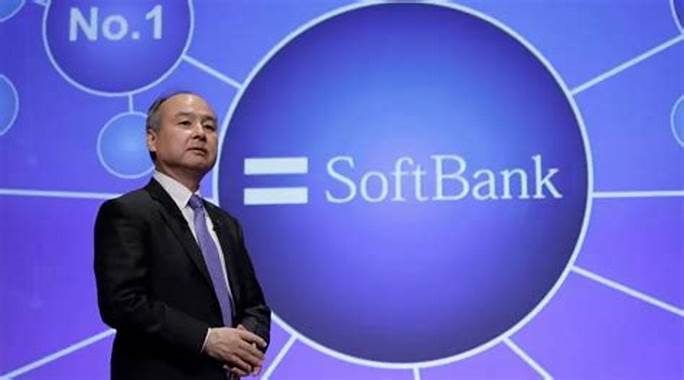Orme’s insight underscores that while Softbank’s IPO filing emphasizes AI a staggering 47 times, it somewhat falters in constructing a compelling case that positions Arm in the echelons of AI supremacy, comparable to industry stalwarts such as Nvidia. An intriguing angle is presented: if Arm’s central processing units (CPUs) can establish a more profound presence than graphics processing units (GPUs) in end-user devices, particularly smartphones, the AI angle could emerge as a game-changer for Arm.
However, as the investment climate evolves, also does the concerns. The success of Arm’s IPO doesn’t merely hinge on its ability to make investors covet AI potential but also on steering their focus towards the fear of missing out on AI-driven prospects. Otherwise, the confluence of a sluggish smartphone market and the Arm China debacle—where China constitutes a significant chunk of Arm’s at-risk revenues—poses the potential to significantly curb the anticipated valuation.
David Bicknell, Principal Analyst in Thematic Intelligence at GlobalData, adds a layer of complexity to the discussion. Bicknell characterizes the timing of Arm’s IPO as opportunistic, aligning with a period marked by a noteworthy dip in smartphone sales. Riding the wave of AI fervor, especially in the generative AI segment, Arm is clearly aiming to seize the IPO window before it closes.
Amid these deliberations, a series of questions remains unanswered. Notably, how does Arm intend to navigate its reliance on Arm China when its ownership interest is a mere 4.8%? Moreover, what strategic blueprint has been devised to mitigate the substantial risk factors highlighted in the prospectus, particularly Arm’s vulnerability to economic and political fluctuations that have a cascading impact on China, the world’s most substantial smartphone market?
In the intricate investment landscape, one intriguing aspect takes center stage: the pulse of Arm’s key customers—Intel, Nvidia, Amazon, and Qualcomm. The narrative unfolds as investors observe closely, deciphering the strength and tactics of these tech giants, speculating on who will blink first in this high-stakes poker game.
As September approaches, the tech realm braces for a seismic shift as Arm’s IPO unfolds. The underlying narrative transcends mere valuation figures; it encompasses the challenge of presenting Arm as an AI-driven powerhouse while treading through turbulent market currents. The outcome will undoubtedly reverberate across the investment community, serving as a testament to both Softbank’s strategic prowess and the investor appetite for technology’s future course.

Hernaldo Turrillo is a writer and author specialised in innovation, AI, DLT, SMEs, trading, investing and new trends in technology and business. He has been working for ztudium group since 2017. He is the editor of openbusinesscouncil.org, tradersdna.com, hedgethink.com, and writes regularly for intelligenthq.com, socialmediacouncil.eu. Hernaldo was born in Spain and finally settled in London, United Kingdom, after a few years of personal growth. Hernaldo finished his Journalism bachelor degree in the University of Seville, Spain, and began working as reporter in the newspaper, Europa Sur, writing about Politics and Society. He also worked as community manager and marketing advisor in Los Barrios, Spain. Innovation, technology, politics and economy are his main interests, with special focus on new trends and ethical projects. He enjoys finding himself getting lost in words, explaining what he understands from the world and helping others. Besides a journalist he is also a thinker and proactive in digital transformation strategies. Knowledge and ideas have no limits.









